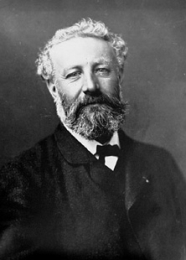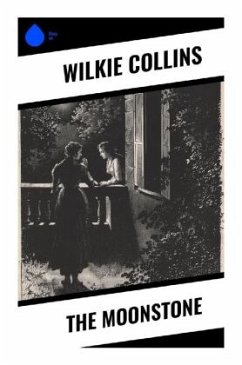
The Island Of Secrets
Trilogy

PAYBACK Punkte
0 °P sammeln!
In "The Island of Secrets," Jules Verne crafts a captivating narrative that unveils the mysteries of an uncharted island, juxtaposing adventure with philosophical exploration. Characterized by Verne's hallmark detailed descriptions and innovative scientific reasoning, the text oscillates between thrilling escapades and contemplative digressions on human nature and the essence of civilization. Set against the backdrop of the 19th century, the novel reflects the era's fascination with exploration and the burgeoning fields of natural science while weaving complex characters embroiled in moral dil...
In "The Island of Secrets," Jules Verne crafts a captivating narrative that unveils the mysteries of an uncharted island, juxtaposing adventure with philosophical exploration. Characterized by Verne's hallmark detailed descriptions and innovative scientific reasoning, the text oscillates between thrilling escapades and contemplative digressions on human nature and the essence of civilization. Set against the backdrop of the 19th century, the novel reflects the era's fascination with exploration and the burgeoning fields of natural science while weaving complex characters embroiled in moral dilemmas that question the boundaries of survival and morality. Jules Verne, often heralded as the father of science fiction, was driven by a transformative interplay of adventure, science, and societal critique in his works. His extensive background as a playwright, coupled with an intimate knowledge of geography and the sciences, uniquely positioned him to delve deep into the surreal landscapes of his imagination. "The Island of Secrets" showcases Verne's acute awareness of the socio-political landscape of his time, mirroring the quest for discovery and the underlying anxieties surrounding imperialism. I wholeheartedly recommend "The Island of Secrets" to readers who seek both an exhilarating adventure and a profound examination of the human spirit. This novel not only entertains but also encourages reflection, making it an essential read for enthusiasts of adventure literature and philosophical inquiry.














